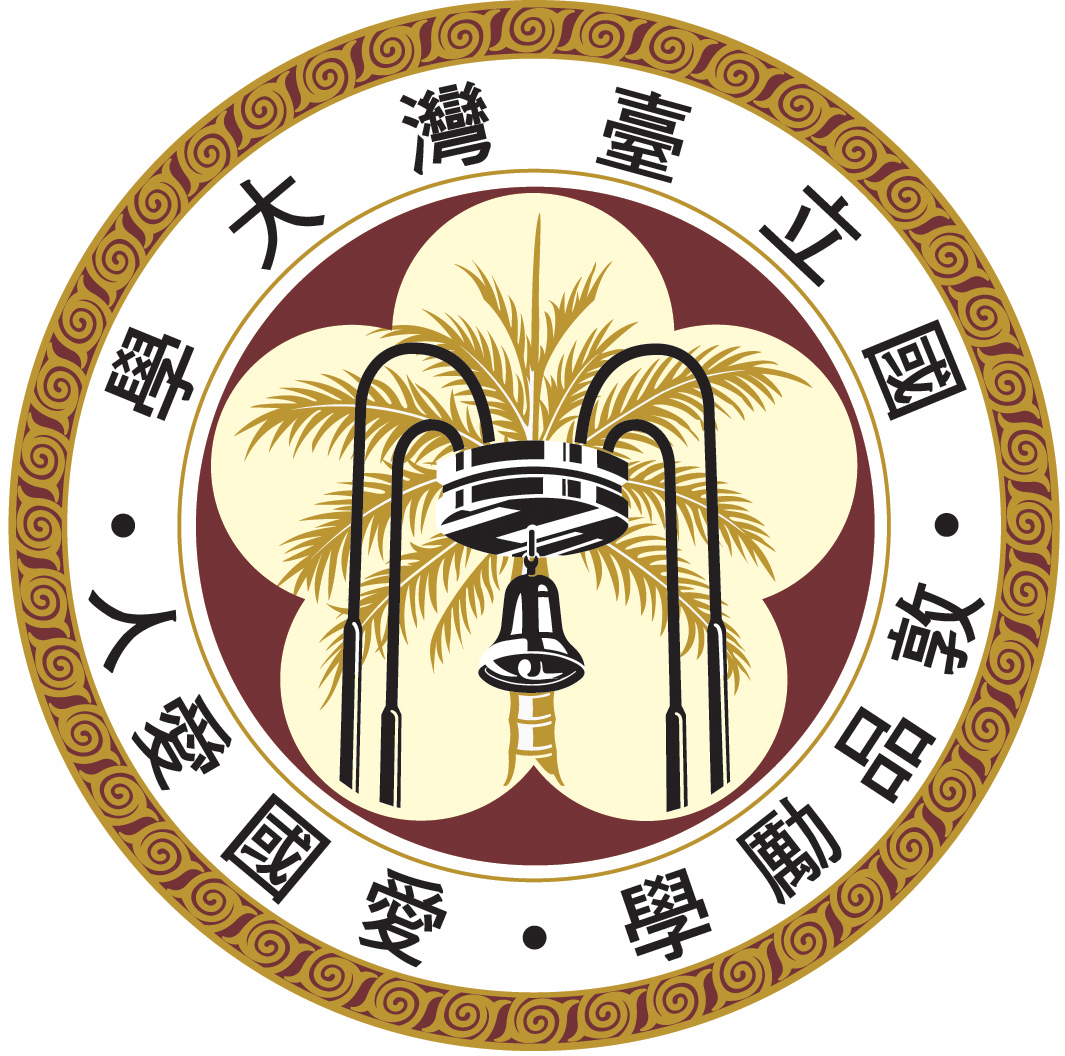Guh lab
Research Field
- Dr. Guh received Ph.D. degree from the Institute of Pharmacology at the National Taiwan University (NTU). After three years as a postdoctoral research fellow at mission-oriented Drug Research & Development Division at the NTU, he was recruited as an assistant professor at the NTU School of Pharmacy in 2000. Dr. Guh was promoted to professor in 2010 and was appointed Director in 2011 and the Dean of School of Pharmacy in 2014. He temporally transferred to National Research Institute of Chinese Medicine at Ministry of Health and Welfare in Taiwan as a Director in 2016 to 2018.
- Dr. Guh has been dedicating to the pharmacy education and talent cultivation. He served as a local Chairperson and organized the 7thAsian Association of Schools of Pharmacy Conference in 2015 and the 10th International Symposium of Chinese Medicinal Chemists in 2016. He is now the professor at the NTU School of Pharmacy and the president of Professor Wang Kuang-Chao Academic Education Foundation (王光昭教授學術教育基金會) whose aim is to promote the academic activities and education in the Pharmacy and the Medicinal Chemistry. Dr. Guh voluntarily promotes the foundation's business and promote medicinal chemistry academic activities across the country, hosting the Medicinal Chemistry Symposium annually and subsidizing graduate students’ registration fees to allow them to attend symposium for free. Since 2015, Dr. Guh have been holding Medicinal Chemistry Camp and invites more than a dozen domestic laboratory researchers to give lectures every year, allowing college students to attend for free and understand the laboratory research work and content in advance, which will be beneficial to future applications for graduate schools or employment. Dr. Guh’s biggest ambition is to cultivate talents for society.
- Dr. Guh Has been serving as a thesis oral examination committee member nationwide, and project review committee member (the National Science and Technology Council, Ministry of Economic Affairs, and Ministry of Health and Welfare), and also assisting several Paper peer-review in SCI international journals. Dr. Guh has been assisting the Food and Drug Administration in Taiwan (TFDA) every year to provide professional opinions and suggestions on new psychoactive substances (NPS) identification and drug safety identification, etc. This year, a total of 19 reports were issued for TFDA.
- Dr. Gu’s main research fields and published papers include basic research and potential drug research on prostate cancer and non-small cell lung cancer, including anti-cancer research on chemically synthesized small molecule derivatives, natural products, traditional Chinese medicine prescriptions and their active ingredients. Since 2003, he has published about 150 papers, about a dozen patents, and implemented nearly ten industry-university cooperation projects. He has supervised about 40 master's students and 11 doctoral students.
We focus the research interests on the development of anticancer agents. We have developed an assay system to do a large scale of screening tests to discover potential agents against cancers, in particular prostate cancer and non-small cell lung cancer. So far, we have screened more than 5000 samples from both chemically synthetic compounds and natural products. The mechanisms of the effective compounds have been studied in our lab. Accordingly, a lot of cellular signals being targeted by these compounds have been identified, such as Cdk/cyclin complexes, Cdk inhibitors (p21 and p27), tubulin, topoisomerases, AMPK, ER stress, spindle assembly checkpoint and DNA damage responses. Take antroquinonol as an example. Antroquinonol that was isolated from Antrodia camphorate, a well-known Traditional Chinese Medicine for treatment of liver diseases, displayed effective anticancer activity against numerous hepatocellular carcinoma cell lines. Antroquinonol is capable of stimulating AMPK activation, inducing the assembly of tuberous sclerosis complex (TSC)-1/TSC2 and leading to the blockade of cellular protein synthesis through inhibition of protein phosphorylation including mTOR (Ser2448), p70S6K (Thr421/Ser424 and Thr389) and 4E-BP1 (Thr37/Thr46 and Thr70). The inhibition of mTOR signaling pathway leads to the cell-cycle arrest at G1 phase which, ultimately, causes apoptotic cell death. Another example is that we discovered a series of synthetic compounds exhibited anti-prostate cancer effects through the inhibition of TOP II activities, leading to mitochondrial stress-involved caspase activation and apoptosis. Moreover, they displayed inhibitory activities of Rad51-mediated DNA repair pathway which may increase apoptotic effect of prostate cancers.
Study and development of bifunctional agents in disturbing microtubule dynamics and inhibiting CYP17A1 against human prostate cancer
Dr. Guh has delivered about 40 speeches and won several teaching and research awards in the past twenty years, such as “Teaching excellence awards at the National Taiwan University (2003-2008; 2008-2013, 2014-2017, 2023)”, “Distinguished teacher awards - Ching-Kang Foundation for Pharmacy Promotion (2006)”, “Exceptional merit awards at the National Taiwan University School of Pharmacy (2021)”, “The Ministry of Science and Technology Awards to special talents in universities (2010-2014)”, “The National Taiwan University Awards to outstanding research personnel (2018-2023)” and National Taiwan University School of Pharmacy Special Teaching Contribution Award (2020).
After receiving his bachelor's degree in School of Pharmacy at National Taiwan University in 1990, Dr. Guh continued to study in graduate school. Under the guidance of his Mentor and thesis advisor Professor Che-MIng Teng, he received his master's degree and doctorate from the Institute of Pharmacology, National Taiwan University in 1992 and 1996, respectively.
